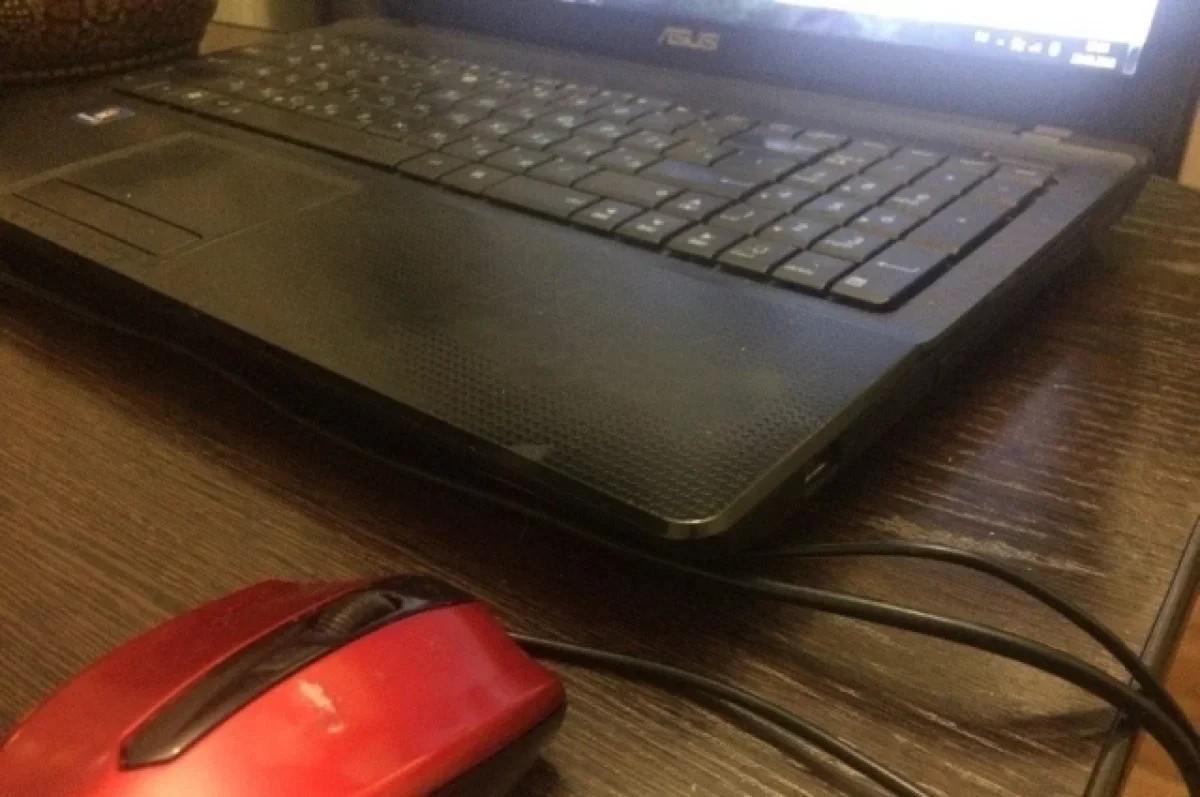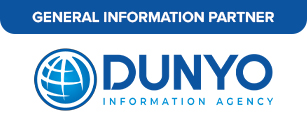News
The President got acquainted with plans for the introduction of digital technologies in healthcare
During a visit to the Tashkent State Medical University, Shavkat Mirziyoyev got acquainted with a presentation of work on digitalization of the healthcare system, improving the quality of services and developing medical education.
TASHKENT, November 11 – Sputnik. Shavkat Mirziyoyev visited the Tashkent State Medical University (TSMU). Here the president got acquainted with the work on digitalization of the healthcare system, improving the quality of medical services and developing medical education, the press service of the head of state reports.
During the event, it was noted that in recent years 230 trillion soums have been allocated to the healthcare sector. Using these funds, 187 new clinics and hospitals were put into operation in the regions, 1,244 institutions were reconstructed and equipped with modern equipment.
As a result, the capacity of primary care medicine increased by 60%, and medical care became much closer to the population. More than 400 high-tech diagnostic and treatment services, which were previously performed only in the capital, are now available in the regions. Complex operations began to be carried out in regional centers, and minimally invasive ones at the district level. For the first time, kidney transplant operations have been established in 45 regions of the country.
At the same time, the modernization of medical education continues. The Tashkent State Medical University was created on the basis of three universities, and the activities of the Urgench Medical Institute began. Eight medical universities have received international accreditation, and this has significantly expanded the ability to train qualified personnel with modern knowledge and skills.
Thanks to improved infrastructure, the number of students at TSMU reached 29,864 people. The educational process has been transferred to modern standards, digitalization is actively continuing.
The President was presented with information on the introduction of digital technologies in healthcare. Medical institutions across the country are provided with modern solutions, and a unified digital infrastructure has been created. In 2024-2025, more than 3 thousand medical organizations are connected to local networks, and the technical base has been updated.
The head of state was also shown the work of the unified electronic medical information system DMED. It accumulates data on the health status of more than 36 million citizens. Electronic control has been introduced in the ambulance service, the arrival time of teams has been reduced from 25-30 to 10-15 minutes. In the near future, the “Online doctor” service will be launched, allowing you to receive consultations remotely.
In addition, the “Electronic Prescription” system was launched, which reduced the number of cases of unjustified prescription of drugs by 40%, and the circulation of medicines became more transparent. All medical data is protected by biometric mechanisms.
“We are creating modern medical institutions, introducing artificial intelligence, bringing the most advanced equipment. But the main thing is that these changes reach the lowest level. It is necessary to improve the qualifications of each medical worker, provide modern knowledge and skills. Only then will we get results,” the president emphasized.
The activities of the Center for Digital Health are also presented, where the work of all medical institutions is monitored in real time and indicators on chronic diseases and public health are analyzed.
The President noted that the digitalization of medicine provides convenience for patients, efficiency for doctors, transparency and resource savings for the state, and instructed to continue this work at an accelerated pace.
The head of state also visited educational laboratories using artificial intelligence. In simulation rooms for intensive care, family medicine, emergency medicine, pediatrics, obstetrics and internal medicine, students practice practical skills. The created conditions and plans for further development were presented.
In conclusion, Shavkat Mirziyoyev set tasks for those in charge to further bring medicine closer to the population, improve the quality of services and expand the use of advanced technologies.
Source








